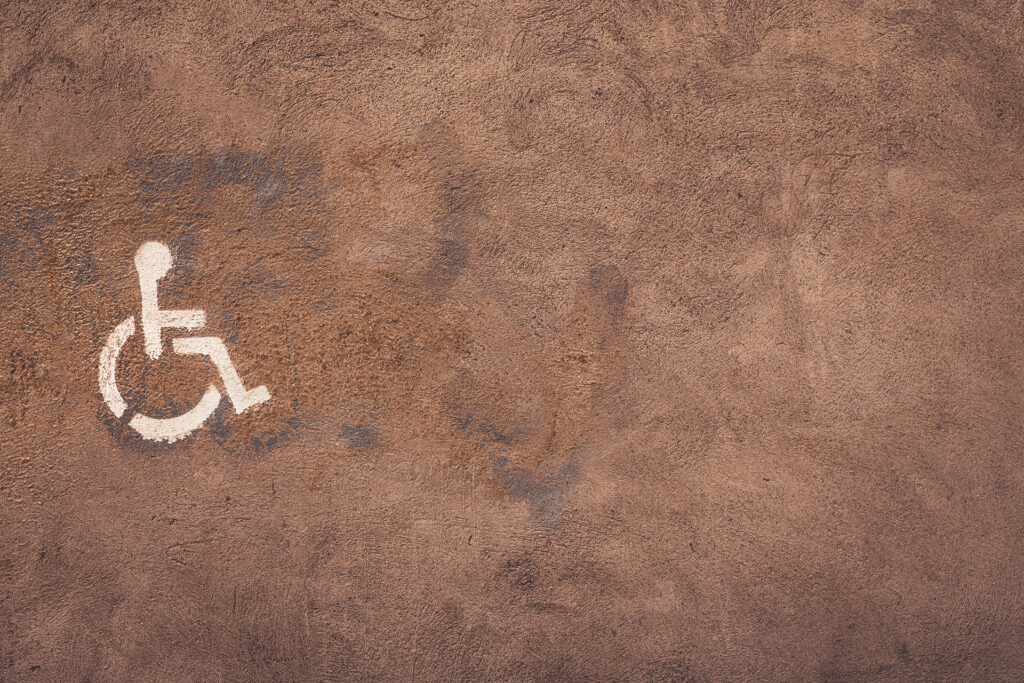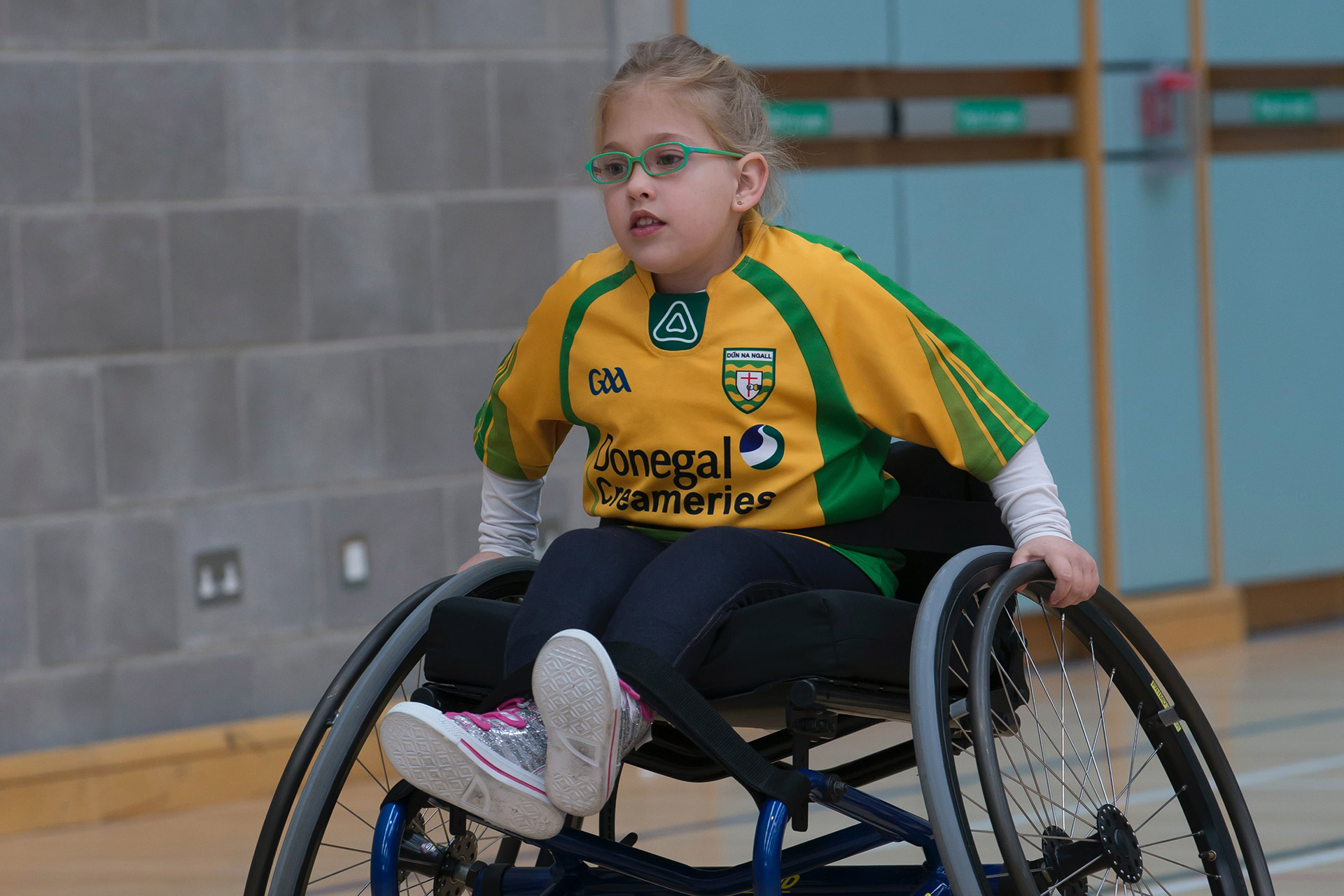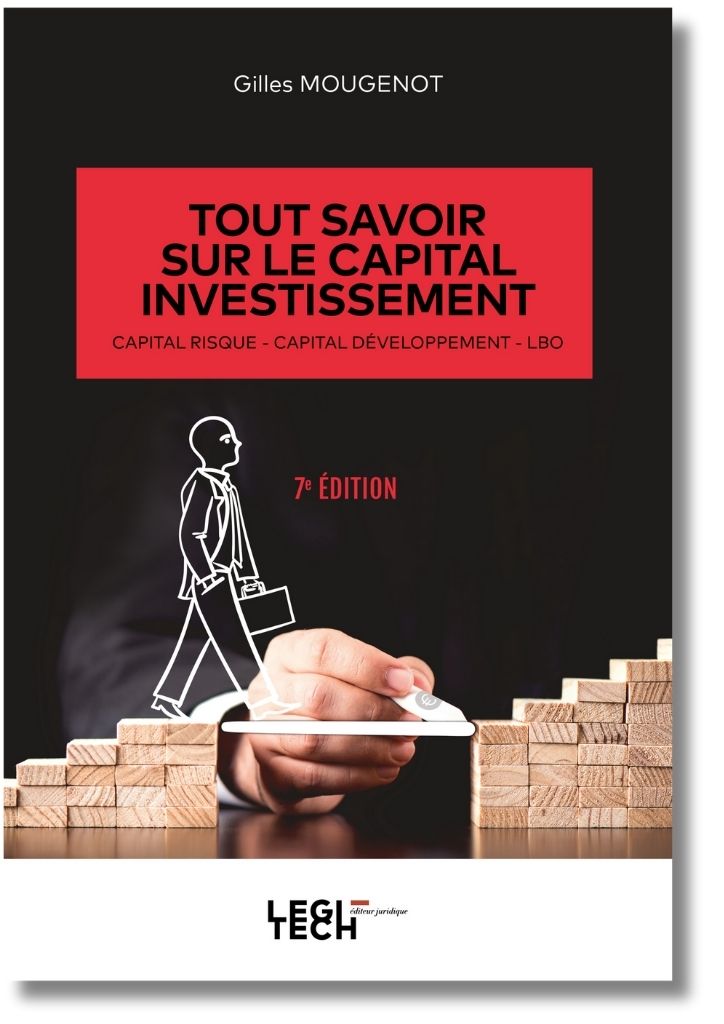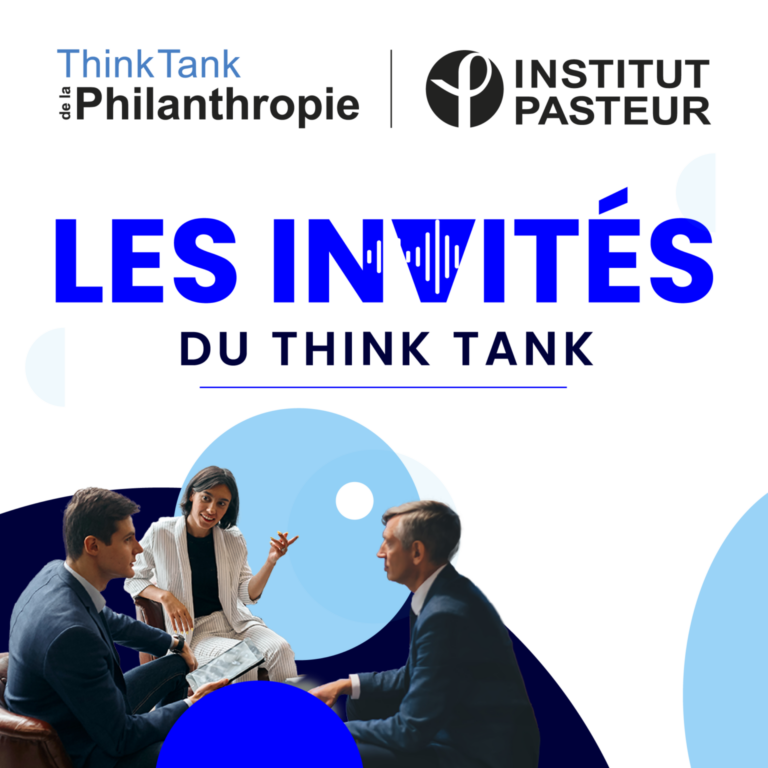Overview
In 2020, Stone Soup proposed to do so with the field of Handicap in Portugal because:
- Few initiatives really scale;
- Most solutions do not change the way handicapped persons live daily or are perceived;
- There are more and more handicapped and state-based system cannot cope;
- Technology may bring answers or enable solutions not possible before.
Foundation Demeter and Stone Soup Consulting joined together a multi-stakeholder group, made up of handicapped people, NGOs, companies, municipalities, universities, foundations, and public institutions, in a process unique to the country.
The aim was to discuss the challenges handicapped people face in Portugal and jointly create a model for systemic change. The process was developed using a human-centred approach, working with a cross sector collaboration to capture the most pressing strategic issues, to create the systemic change model. In the participative discussions (that took place during 5 workshops, over a span of 7 months) it was clear that systemic change could only be achieved by following through the life journey of a person – from pre-school to university and then initial job(s). That meant building a systemic model of inclusive education to promote sustainable employability.

In the model created, the process starts with an assessment at schools (from pre-school to 12th grade), speared by a local champion and a group of experts that design a customised process to enhance inclusivity in education, including training for teachers and other school stakeholders and toolkits based on formal and non-formal education techniques. As the school age progresses, so does the complexity of the methodology and tools, always focussing on the specific challenges of the school and its region, but also of the respective age group of the students. At the university level new challenges arise, as the final stage of preparation for the eminent employability. In all these stages of inclusive education, the main goal is to increase the quality of participation and full integration of the handicapped child/ youth in the educational system, increasing his/ her sense of worth, as well as developing the soft and hard skills that will prepare him/her for the employability stage. This means that the whole environment will also be changed, by creating non-discriminatory spaces, to assure that the child/ youth can thrive.
As the model progresses to the employability stage, it uses a different operational model, which likewise starts with an assessment, but is followed through by consultants with expertise in developing policies and practices inside employer organisations (of any kind) and the support of specialised mentors. With this technical support, organisations will be prepared to create an environment in which the needs of the handicapped are met, in a still harmonious, productive, and successful workplace. The aim is to highlight the benefits for the employer of diversity and inclusion and deal with the prejudice and discriminative practices that prevent the progress of the handicapped inside the employer organisation. This will allow them to view the handicapped as they should, as a team member with an important contribution to give.

After this initial process of developing the systemic change model, the stakeholders developed the operational model and two main scenarios to pilot the model in Portugal. With the support of the Demeter Foundation, we are now looking for co-funders that will help the pilot project start in the beginning of 2023.
When the project comes into place, it is expected to be a change maker in the Portuguese ecosystem. To do so the challenges were linked with solutions. If the pilot goes as projected, we will decrease prejudice and discrimination, increase the quality of education and employability of the handicapped in Portugal. All this coupled with public reform, as a systemic change model could never be complete without changing public policies that will help change practices that prevent full integration. That means that in 20 years’ time, there could be a different Portugal. A Portugal in which a handicapped person in the classroom is simply considered as a classmate (or even better the teacher is someone to learn from ) and being a handicapped person in the office is just another day in the office (as invisible as they want to be because they are integrated and taken for their ability and their talents – positiveness of solutions / change of mindset). Let’s work towards getting there.
Cláudia Pedra, Stone Soup Consulting



